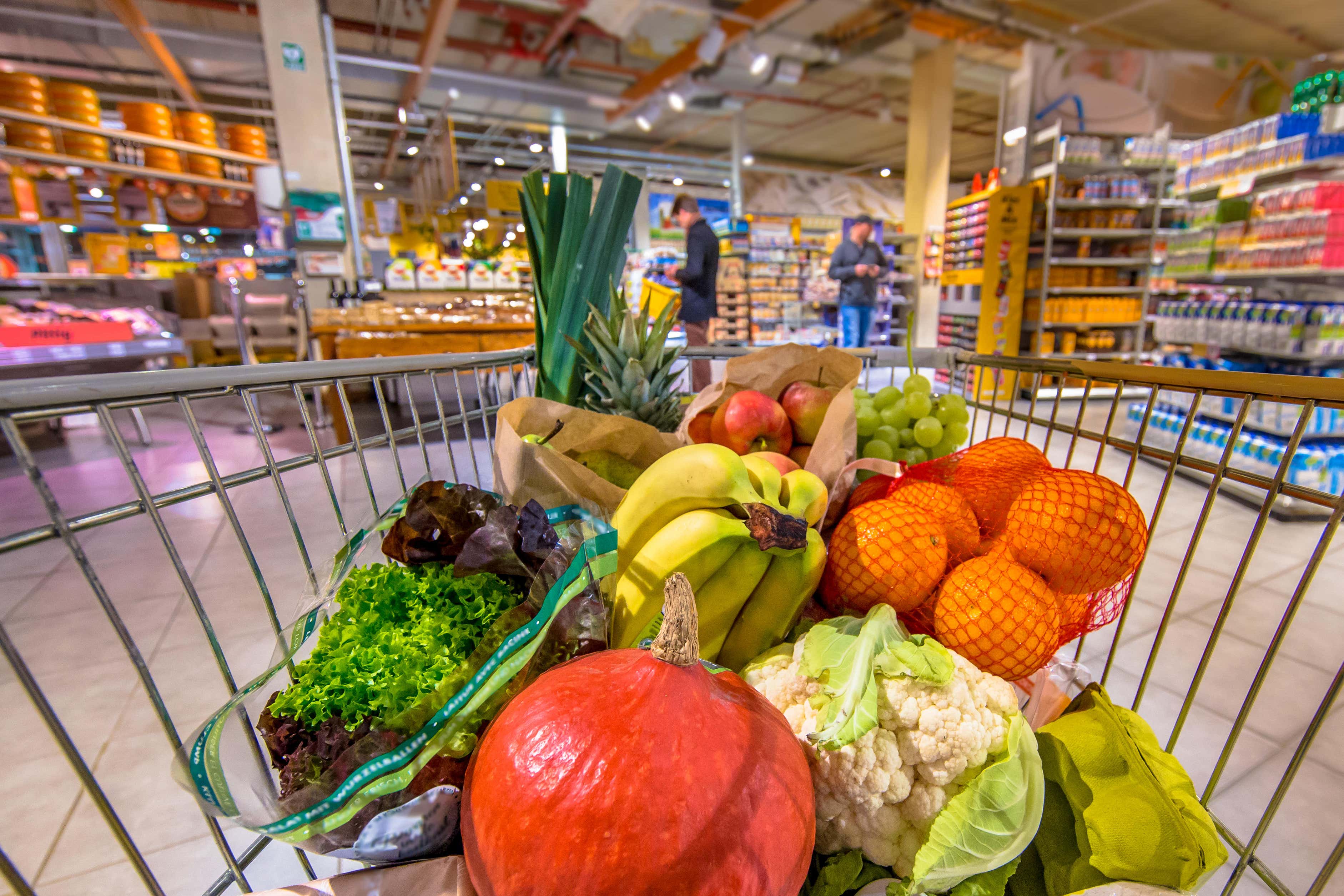The inflation drop is Rishi’s surprise Christmas gift to the nation
Prices are now rising at their slowest in two years – but will the PM get any credit for it? That depends on how soon the Bank of England can cut interest rates, says James Moore


Christmas has come early for British shoppers, businesses and especially Rishi Sunak, with November’s inflation rate showing a surprisingly steep fall to 3.9 per cent, from 4.6 per cent.
That figure – the lowest rate of price increases for two years – caught the City and just about everyone else on the hop: the regular poll of economists conducted by Reuters produced a consensus forecast of 4.4 per cent.
Food and non-alcoholic beverages were a big contributor to the downward momentum. The cost of a supermarket shop is still rising at a painful rate – 9.2 per cent, according to the Office for National Statistics. But the rate of increase is falling fast. In October, that figure was 10.1 per cent.
The headline rate was also given a boost by lower prices at the pumps.
Core inflation, closely watched by the Bank of England’s rate-setting Monetary Policy Committee (MPC), remains high at 5.1 per cent. It excludes the price of energy, food, alcohol and tobacco, which can be highly volatile from month to month, to measure the underlying pressures pushing prices up across the UK economy. However, those pressures are easing, too. It stood at 5.7 per cent in October.
All this will, inevitably, put pressure on the Bank to move faster on the base interest rate than it has so far indicated that it is willing to do. Last week, the MPC issued a hardline update, warning that borrowing costs were unlikely to come down until the third quarter of the year. Three of its nine members voted for a quarter-point increase in rates to 5.5 per cent.
There is now a substantial chunk of opinion in the City that believes that its members will nonetheless have to move faster, perhaps delivering the first reduction as soon as the spring, given the damage that rates at 5.25 per cent are very obviously doing to the economy.
“Small firms will be wanting the Bank of England to indicate when interest rates may start to fall – this would increase access to finance, drive economic growth and provide a fighting chance at avoiding a recession,” said Martin McTague, chair of the Federation of Small Businesses.
Strengthening his case is the fact that the UK’s inflation – which ran much hotter than in much of Europe and the US of late – is now much closer to the norm than it was. At its double-digit height, the UK Consumer Prices Index (CPI) was 4.4 percentage points above the G20 average. The gap has now fallen to just 0.6 points.
Sunak is highly vulnerable to criticism about some of his “five pledges”. NHS waiting lists, for example, remain stubbornly high, with an estimated 7.71 million treatments yet to be carried out; and the economy he pledged to grow is flatlining, in no small part because of those high base rates. But inflation is doing him a good turn.
The biggest share of the credit for getting it down goes to the Bank, which has imposed 14 consecutive rate rises. However, what Sunak and his chancellor, Jeremy Hunt, did to help was to bring fiscal policy – the taxes we pay – back into line with MPC monetary policy.
Despite the pressure for tax cuts from Tory backbenchers, Hunt has largely held the line. After his autumn statement last month, the Institute for Fiscal Studies said that the tax burden would rise to a post-war high of 37.7 per cent. The non-partisan think tank said that the cautious package of tax cuts announced by the chancellor only served “to reduce the scale of the rise”.
Economic forecasts for next year are resolutely gloomy. The usually optimistic Office for Budgetary Responsibility, for example, has cut its growth forecasts. They may be due an upgrade if the MPC takes its foot off the pedal and cuts rates early. This would give the economy more room to breathe before next year’s general election.
There is still room for inflation to fall further, especially in the case of food, although domestic energy bills will play the role of party pooper in the new year, when we may see progress stalling at least in January. On New Year’s Day, the energy price cap for a typical household will go up by £94.
Nor are the easing of price pressures and an improving economy necessarily a panacea for Sunak’s electoral prospects. John Major went to the polls in 1997 with growth far exceeding the levels Sunak could hope for even in his wildest dreams – and it didn’t prevent him from getting thumped. But, in Tony Blair, Major had a much stronger opponent than Sunak has in Keir Starmer.
Waiting until the last minute in the hope that numbers continue to go in his favour would seem to be Sunak’s best strategy. Right now, inflation is coming good (if double the Bank of England’s target of 2 per cent). NHS waiting lists and the economy, meanwhile, currently offer rather less Christmas cheer. The NHS also needs some of Hunt’s money. Will he deliver it?
Join our commenting forum
Join thought-provoking conversations, follow other Independent readers and see their replies
Comments
Bookmark popover
Removed from bookmarks